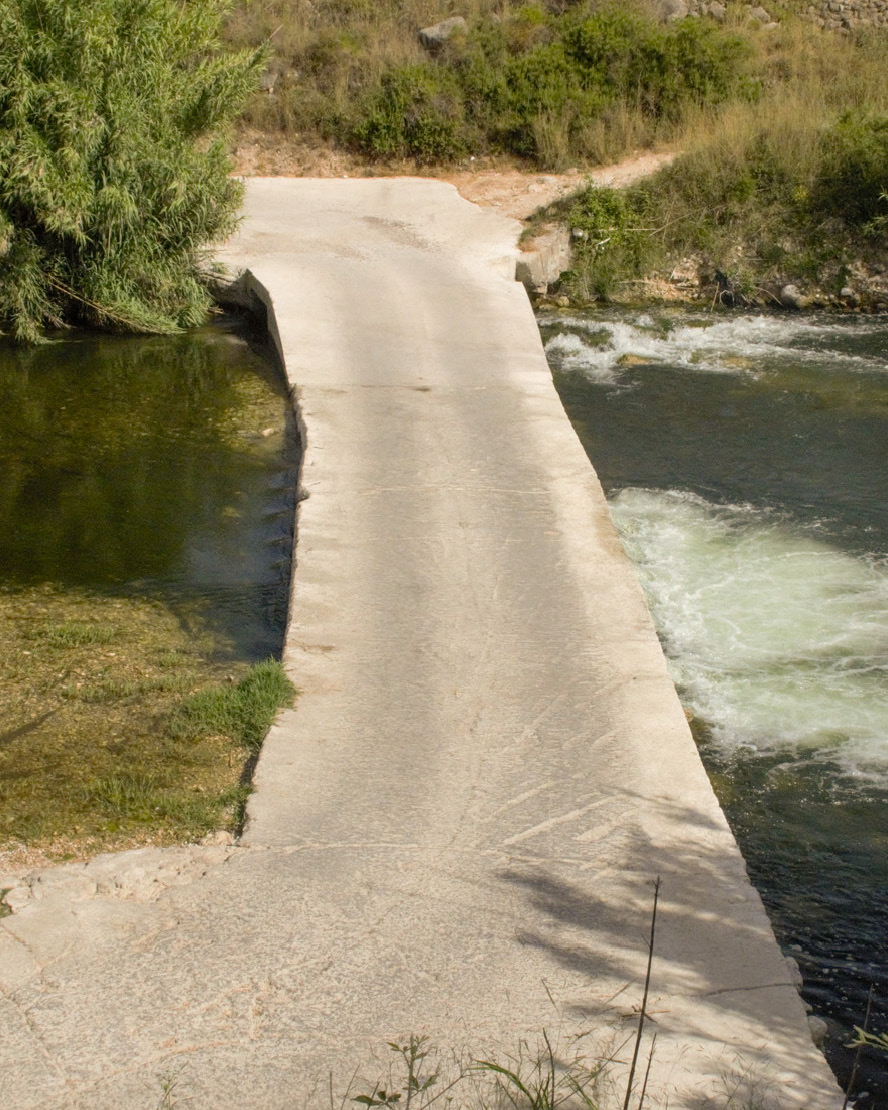

Downloads
DOI:
https://doi.org/10.58981/bluepapers.2023.2.11Published
Issue
Section
License
Copyright (c) 2023 Ana María Arbeláez-Trujillo, Juliana Forigua-Sandoval

This work is licensed under a Creative Commons Attribution 4.0 International License.
How to Cite
Abstract
Preserving cultural heritage and achieving the Sustainable Development Goal of protecting life below water do not always go hand in hand. The case of the Serpis River sheds light on the political, cultural and legal tensions that may arise when pursuing these two policy goals. To better understand these tensions, we propose acknowledging that rivers are complex natural-cultural systems imagined and shaped through various actors’ values, interests, practices and infrastructures (Boelens et al. 2016). River restoration initiatives generate divisions between actors and institutions with different ways of defining and valuing natural and cultural heritage.
References
Boelens, Rutgerd. 2011. “Luchas y defensas escondidas. Pluralismo legal y cultural como una práctica de resistencia creativa en la gestión local del agua en los Andes” [Hidden struggles and defences. Legal and cultural pluralism as a creative resistance practice in local andean water management]. Anuario de Estudios Americanos 68, no. 2: 673–703. https://doi.org/10.3989/AEAMER.2011.V68.I2.554.
Boelens, Rutgerd, Arturo Escobar, Karen Bakker, Lena Hommes, Erik Swyngedouw, Barbara Hogenboom, Edward H. Huijbens et al. 2022. “Riverhood: Political Ecologies of Socionature Commoning and Translocal Struggles for Water Justice.” Journal of Peasant Studies 50, no. 3: 1125–56. https://doi.org/10.1080/03066150.2022.2120810.
Boelens, Rutgerd, Jaime Hoogesteger, Erik Swyngedouw, Jeroen Vos and Philippus Wester. 2016. “Hydrosocial Territories: A Political Ecology Perspective.” Water International 41, no. 1: 1–14. https://doi.org/10.1080/02508060.2016.1134898.
Boelens, Rutgerd, and Margreet Zwarteveen. 2005. “Anomalous Water Rights and the Politics of Normalization: Collective Water Control and Privatization Policies in the Andean Region.” In Liquid Relations Contested Water Rights and Legal Complexity, edited by Dik Roth, Rutgerd Boelens and Margreet Zwa, 97–123. London: Rutgers University Press.
Garófano-Gómez, Virginia. 2019. Investigación Sobre Los Rasgos Funcionales de La Vegetación de Ribera Del Río Serpis a Lo Largo de Un Gradiente Longitudinal: Desde Beniarrés al Mar [Analysis of the functional traits of the River Serpis riverbank vegetation along a longitudinal gradient: From Beniarres to the sea]. https://hal.archives-ouvertes.fr/hal-03168407/.
Hommes, Lena. 2022. “The Ageing of Infrastructure and Ideologies: Contestations around Dam Removal in Spain.” Water Alternatives 15, no. 3: 592–613. https://www.water-alternatives.org/index.php/alldoc/articles/vol15/v15issue3/674-a15-3-3/file.
Sapena, Sergi. 2021a. “La CHJ Fuerza a Villalonga a Retirar Un Azud Para ‘Naturalizar’ El Serpis” [The CHJ forces Villalonga to remove a dam to ‘naturalize’ the Serpis]. El Levante, June 10, 2021. https://www.levante-emv.com/safor/2021/06/10/chj-sorprende-villalonga-orden-retirar-52812166.html.
Sapena, Sergi. 2021b. “El Serpis Cierra Su ‘Era Industrial’ al Caducar la Última Concesión para Mover Fábricas – Levante-EMV” [The Serpis closes its ‘industrial era’ as the last concession to move factories expires – Levante-EMV]. El Levante, November 12, 2021. https://www.levante-emv.com/safor/2021/12/11/serpis-cierra-industrial-caducar-ultima-60529675.html.


